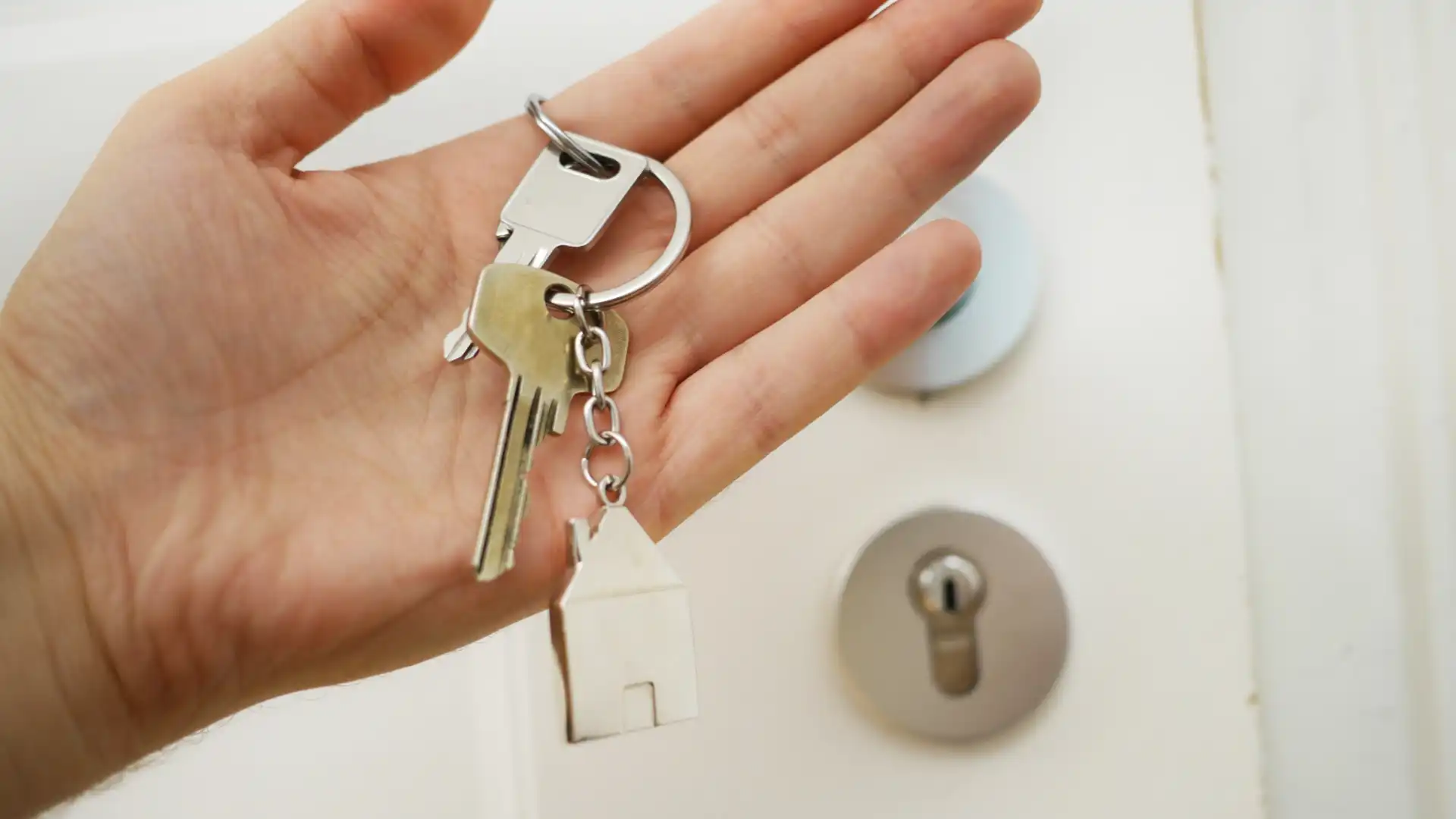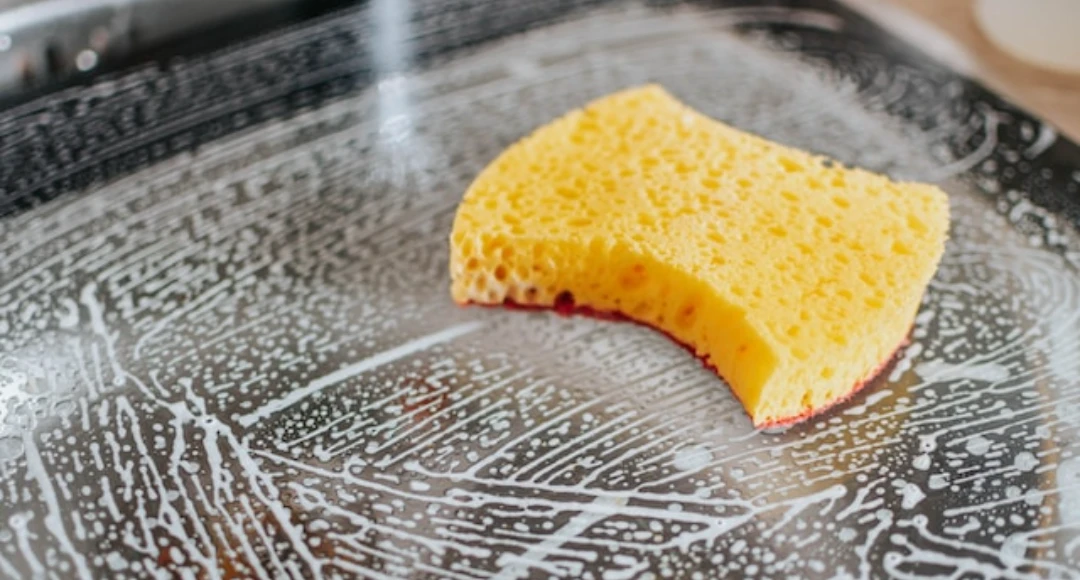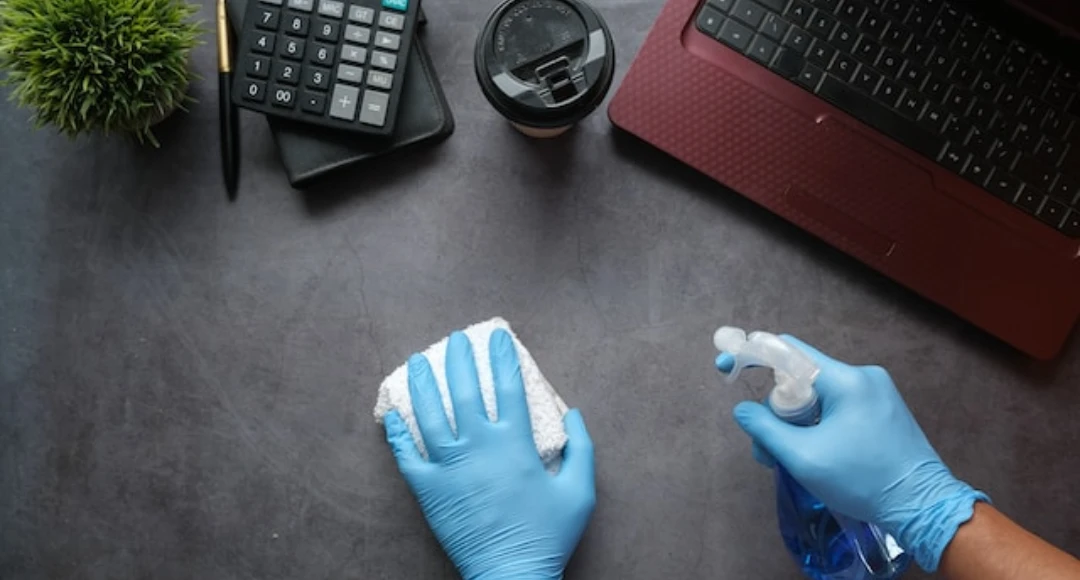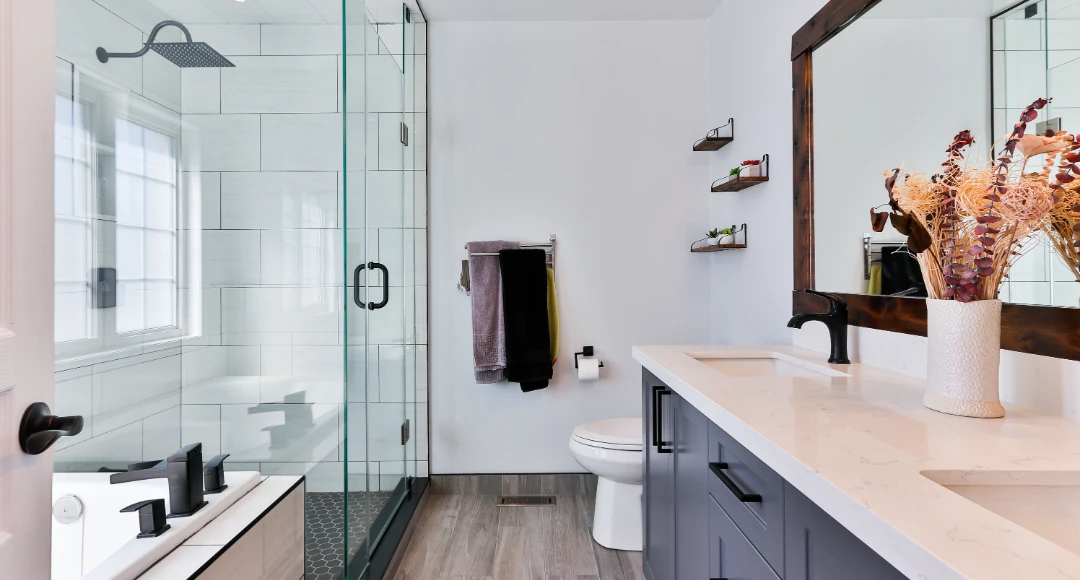End of Tenancy Cleaning: A Guide
November 19, 2018

November 19, 2018

Moving out of a house or flat can take a huge amount of planning, with so many arrangements to make that it can seem impossible to cover everything before the big day. However, one thing that should naturally be at the forefront of your mind is getting your full tenancy deposit back from your landlord.
Difficult tenants, sadly, rarely get refunded in full. According to the law, a landlord can expect tenants to return their property to the state it was at when they first moved in. If not, the landlord can make suitable deductions to the tenancy deposit in order to bring it up to standard. You could face deductions for the condition of the furniture, evidence of pests, or even simply failing to keep the property clean.
For this reason, many cleaning companies will offer ‘end of tenancy cleaning’ services. Cleaners will cover a set number of jobs in order to ensure that everything listed in your inventory report is brought up to standard, leaving your landlord with little to complain about.
However, careful tenants can also handle cleaning on their own, provided they have the time to do so. Keep in mind that your landlord will be thorough in checking through your property, so you will need to be just as thorough in cleaning it out. This should include giving yourself at least half a day to get the cleaning done, and enough money to hire or rent the necessary cleaning supplies.
If you have the time and are ready to put in some elbow grease, here is a checklist to help you get through your end of tenancy cleaning!
If you want to make sure that you can get the most out of your chosen cleaning day, it will be important to purchase or rent all of the necessary equipment in advance. You will usually need:


Ceilings - This may sound like an odd place to start, but ceilings can collect a lot of dust as well as cobwebs over time. Plus, any dust that falls from your ceiling could spoil your recently cleaned floor. Use either an extendable broom or stepladder to clean your ceilings safely
Windows - These will need to be clean inside and out! For the outside of windows on upper floors, you may need to hire professional window cleaner
Carpets - It can take a surprising amount of effort to scrub off caked on stains when it comes to carpets. You can save time by hiring a carpet cleaner, which you should be able to find at your local supermarket
Doors - Start with the handles, then scrub off any marks on the doors themselves. If the doors are stiff or squeaking, treat the hinges with WD40
Walls - Look for scuff marks, especially lower down. If they cannot be removed, you may need to consider painting over them
Fixtures and fittings - Remember to dust and polish any light fixtures in your home, including any lamps belonging to your landlord. The same goes for your upholstery
Tiles - Scrub your tiles diligently, removing any grout as you go. It will be a good idea to keep a window open while doing so, as using tile cleaners in an enclosed space can be dangerous for anyone with breathing difficulties
Wooden floors - Be sure to hoover any wooden floors in your house before mopping them with an appropriate cleaning solution. Keep in mind that you cannot mop laminate flooring, or it will warp. Instead, look for laminate floor wipes from your local supermarket
Curtains - While this is not always necessary, it will still be worth making sure for the sake of your deposit. Start by checking the cleaning label, as most curtains are dry-cleaning only
Cleaning a bathroom can be a tough job at the best of times, but when finishing up a tenancy it is important to be extra thorough. Be sure to ventilate your bathroom by opening a window or turning on the extractor fan, as many heavy-duty bathroom cleaners can be dangerous when inhaled in small spaces.
When cleaning your bathroom, be sure to tackle:


There can be a surprising amount of ground to cover when cleaning a kitchen, especially when you are preparing it for new tenants. The job will be more than a matter of wiping down the worktops: you will also need to clear out and clean your cupboards, as well as your fridge/ freezer.
Remember, failing to clean a kitchen will do more than simply put tenants off; it can also attract dangerous pests, such as mice, rats or insects.
When cleaning your kitchen, be sure to cover:
If you find any sign of pests, your best option may be to hire a professional pest remover. Cleaning the area will dissuade the pests from coming back, especially if you remover their source of food, but larger nests may well require professional help to completely clear out.
If you do not have the time or equipment to clean your property on your own, your best option will usually be to hire a professional local cleaner. Luckily, there should be no shortage of candidates, especially if you live in a high rental area.
Professional cleaners will usually have everything required to clean your home from top to bottom; however, in order to make sure of this it will be important to give them a full rundown of what to expect, including whether you have carpets or upholstery. You will also need to let them know the size of your home, including the number of bathrooms and kitchens.
Be sure to book your cleaner in plenty of time in order to secure a slot. Ideally, you will want to book them as close to your moving day as possible, as this will leave your home with little time to get dusty or dirty again before the landlord’s inspection.
In order to get a good price for your cleaner, you will usually want to compare at least five quotes. It will also be a good idea to check customer reviews for each of your candidates, as you will want to make sure that your final choice is reliable.
Finally, be sure to keep a record of hiring the cleaner, just in case you need to settle a dispute with your landlord.